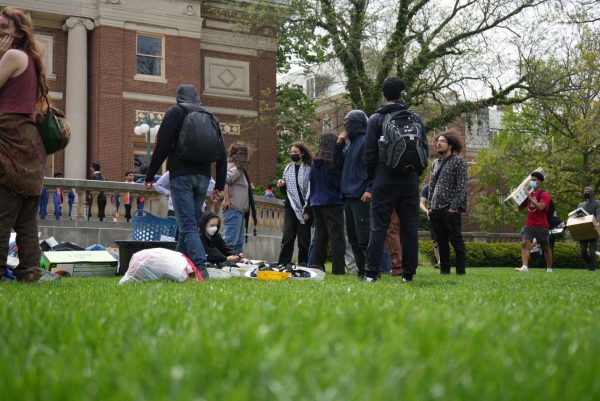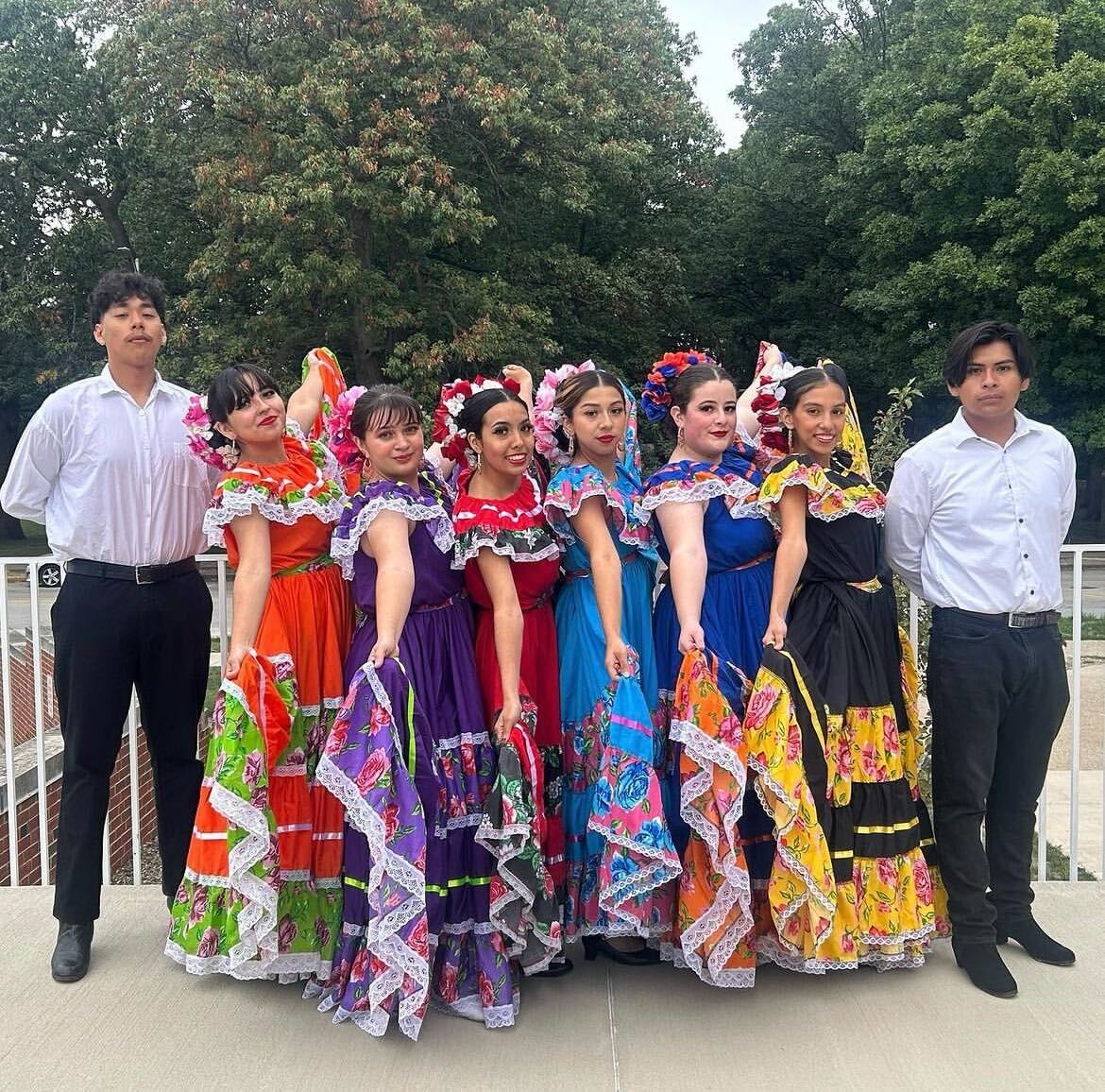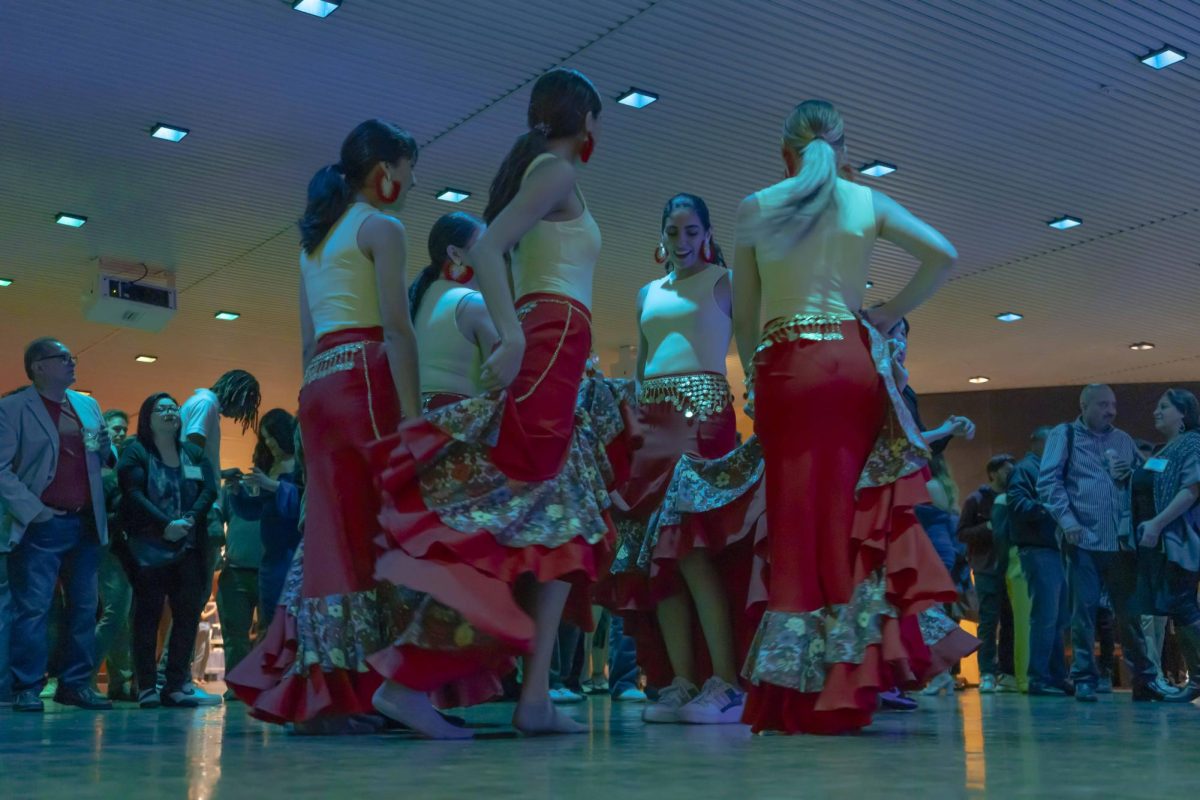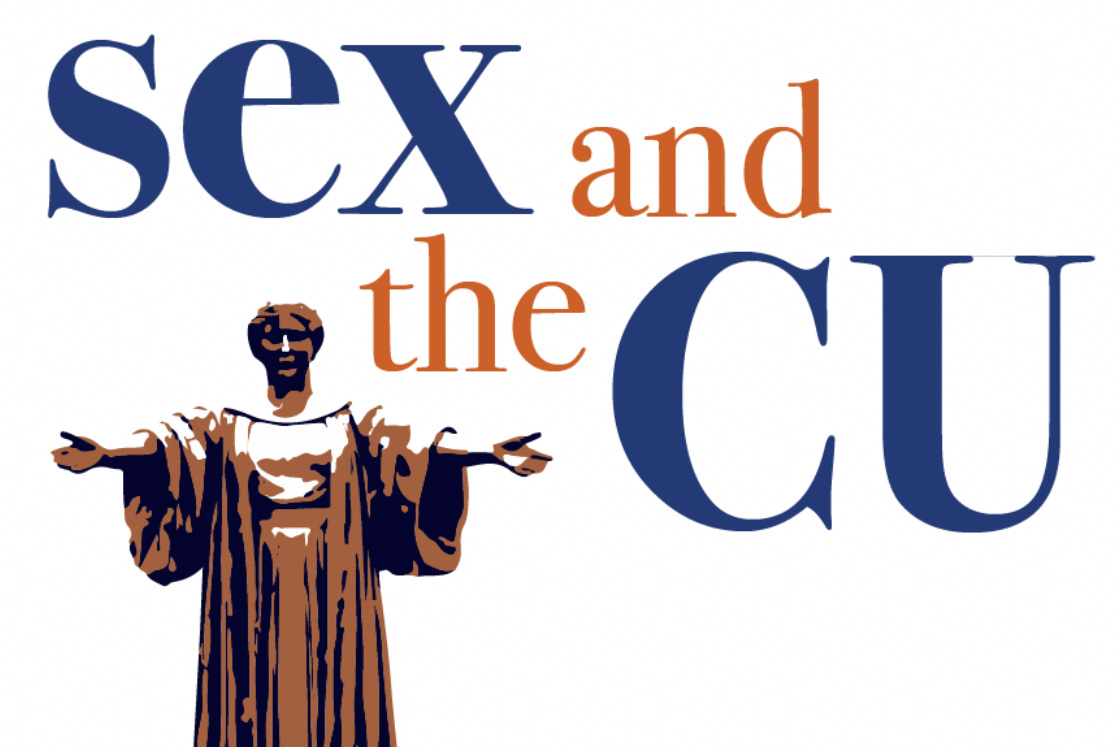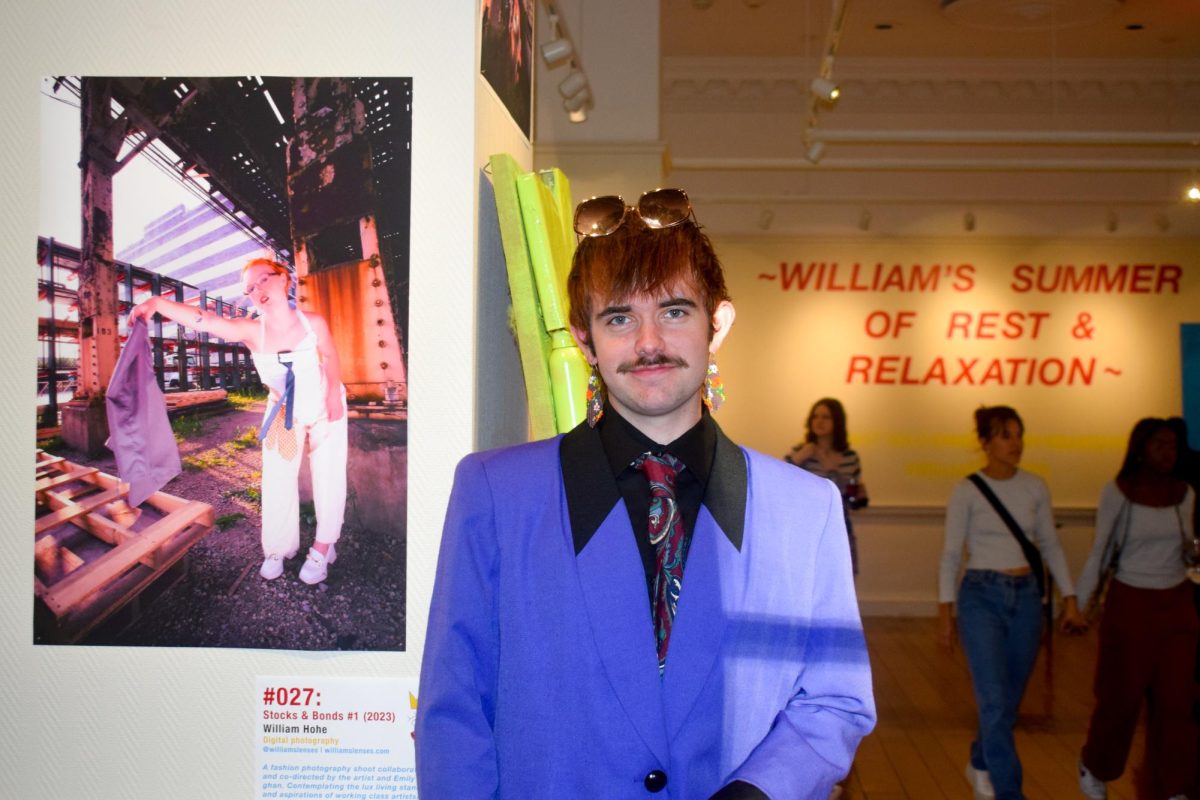Students may have spotted Ballet Folklorico Mitotiani on campus at least once. With their colorful faldas and unique costuming, the group is hard to miss. As the members complete each step, their shoes make noise to accent and follow the rhythm of traditional Mexican music.
The styles of folklorico vary within specific regions of Mexico, which make the art diverse and expressive of the entire country, according to its members.
With the dance being a staple of Mexican heritage, it is extremely rich in history and contains storytelling through each routine.
Founded and established in 2017, Ballet Folklorico Mitotiani is a registered student organization dedicated to promoting and educating the greater C-U area about a traditional Mexican dance style called “folklorico.” With growing demand for folklorico, the RSO expressed that the University is not putting in full effort to accommodate their needs.
Tonantzin Zavala, president of Ballet Folklorico Mitotiani, described what Folklorico means to her.
Get The Daily Illini in your inbox!
“The way I would describe Folklorico is being very colorful, very vibrant and very representative of Mexican style, both in art and music,” Zavala said. “(The dances) represent either stories of the people that live (in the towns), or stories of things that happen in that town. … They want to showcase everything in art and just be proud of it.”
Zavala further elaborated folklorico to be similar to tap dancing, as each dancer’s shoes have nails on the bottom to make noise to follow the music. Some styles of folklorico involve lifting the colorful skirts in different patterns, while other styles do not have the dancers touch their skirts at all.
Andrea Palacio, treasurer of the RSO, said joining Folklorico helped her transition into the University, a predominantly white institution.
“I was being affected by that change,” Palacio said. “So, I felt like connecting to my roots, to my origins through dance would really help me make a community here. I decided to do folklorico during college.”
Members of the RSO expressed it was difficult to find a solid Latino presence on campus at first, but the dance group allowed people with similar backgrounds and familiar experiences to build relationships.
“Right away, (Latinos) feel like they may not belong here,” Zavala said. “They feel like they’re not welcome here. They feel very homesick, and Folklorico provides that connection to seeing someone else on campus that maybe looks like you, shares traditions like you and comes from the same background as you. It provides someone a home away from home.”
The group began with less than 10 students participating. Zavala stated she expected more from the RSO since the University had a high student population, but the group seemed to lack resources, had limited costumes and felt unorganized.
However, the RSO has expanded increasingly throughout the years. This semester’s interest meeting had 70 students in attendance.
“I think the work we did last semester really helped grow the RSO and put our name out there,” Zavala said. “It makes me so excited that so many people know about our club and there’s freshmen that came out to the informational. The fact they’re just barely getting here and they already know about us is really exciting.”
During the 2022-23 academic year, the RSO was taking performance requests on and off campus to showcase the routines they worked on. They also had opportunities to travel to Illinois State University to educate students about the history of folklorico.
Even with the growing interest in the RSO and their already-established presence on campus, the group has been facing difficulties.
Laura Perez, general member of Ballet Folklorico Mitotiani, discussed the issue of inconsistent practice spaces on campus.
“It’s kind of been a struggle finding a permanent practicing place because what we always hear about is our tap shoes,” Perez said. “Our shoes come with nails on the bottom, and we always hear complaints about the floor.”
Perez said she understood the concerns about leaving the floor “looking different,” but she also believed the University could do more to accommodate the RSO’s needs.
“It just feels like the organization is getting a lot more recognition and I feel that in return we can have a permanent space instead of practicing in a small classroom because of the new, large member interest,” Perez said.
2023 new student enrollment statistics showed 1,251 students self-identified as Hispanic, which is an increase from only 1,066 students self-identifying as Hispanic in 2022, according to the Illinois News Bureau.
Zavala used this statistic to highlight the growing demand and interest for Hispanic organizations on campus. Even with seemingly positive news about participation numbers within the RSO, this leaves a need for larger practice spaces.
The RSO has been met with obstacles and specific requirements they cannot meet when trying to book practice spaces that allow their type of dance shoe, according to members of the RSO.
RSO executive members said after they had reached out to multiple institutions related to dance, music and theater on campus, they have been left with no accommodation or alternative practice spaces.
“We feel very neglected by the University, especially for Hispanic Heritage Month,” Zavala said. “I’ve seen them post our pictures on their pages. I’ve seen the University post us, but where is the help from them? We know they know we’re here because they’re posting us on their social media. We know you know about us, and they’re promoting us.”
When visiting the University’s diversity and inclusion page in the Undergraduate Admissions website, an image of Ballet Folklorico Mitotiani is the first featured image people will see.
“The image they’re painting is, ‘Look at the University,’” Zavala stressed. “‘We have this art, so we love culture. We love Hispanic Heritage Month.’ On the other side of it, where are the responses to the emails? Where are the resources? Where are the accommodations like funding that can help us, if not get a space, get a dance floor, a bar or place somewhere that would make it so we can dance and we also don’t damage the floor?”
The group said they had a consistent practice space in the Illini Union during the 2023 spring semester, but were notified to discontinue practices due to voiced concerns by Illini Union employees.
Executive members of the RSO stated the uncertainty of their practice spaces could affect the future of the group.
During this semester’s informational meeting, practice schedules and locations were a common question from interested students. Yet, RSO members could not give them any exact answers.
The RSO stressed they need more efficient support from the University, instead of feeling as though they were fighting against the institution. Palacio said she felt the University should do better for communities that do not already have the privileges to ensure their successes.
“It’s a little bit unfair to us when we’re expected to meet the same standards when we’re already held at a lower level,” Palacio said. “It’s a lot harder for us to meet those standards or gain what we want to when we don’t have the resources in the first place to, not even advocate for ourselves, but to even gain access to what we’re trying to do.”
As one of the few folklorico groups in Central Illinois, RSO members said they are bringing unique perspectives to the area and providing a sense of community for students who resonate with the values of Folklorico.
“(Ballet Folklorico Mitotiani) definitely gives a sense of belonging and shows people the Mexican community is here and we’re not going to be quiet,” Zavala said.



